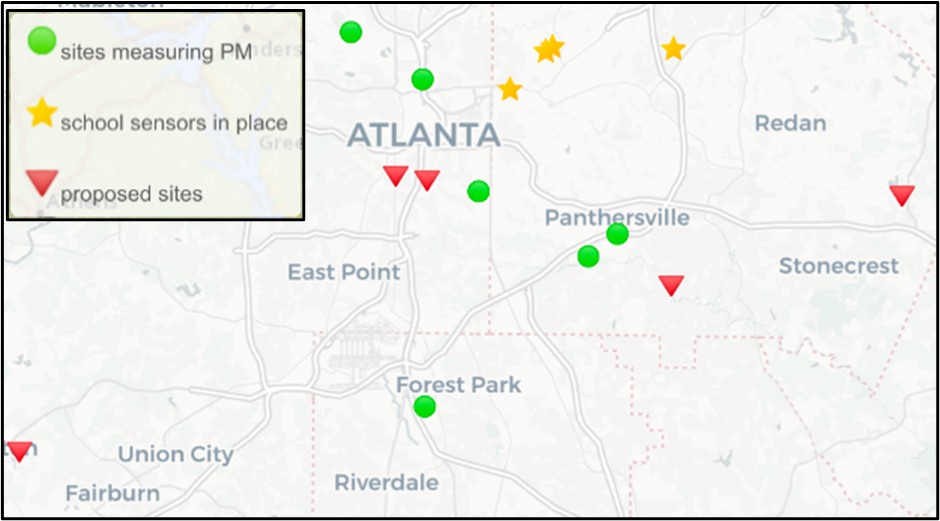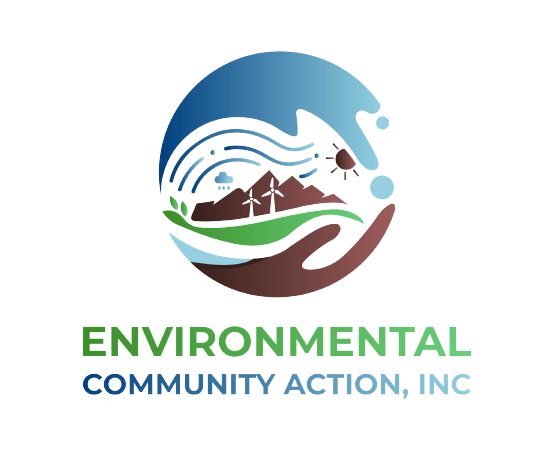Air pollution is an issue that can affect the quality of life of people around the world. According to the most recent Global Burden of Disease study, outdoor air pollution is a global health burden that accounts for roughly 3.3 million deaths annually. This is mainly because of the exposure to atmospheric aerosols, suspended solid and liquid particles in the air (also referred to as particulate matter or PM). Aerosols also contribute to climate change, as they affect the Earth’s energy budget directly by absorbing and scattering the incoming solar radiation, and indirectly through altering the reflectance and persistence of clouds. Despite air quality having such a significant impact on both environmental and human well-being, communities have often found it difficult to demonstrate the high levels of pollutants they are experiencing and that their health is being affected. The first problem relates to the lack of fine-scale data at the neighborhood level related to air pollution. There are regulatory monitoring stations that monitor Atlanta’s air quality, but these stations cannot capture data for the vast majority of residential neighborhoods. This lack of monitoring stations disproportionally affects low-income underserved communities that are disproportionately impacted by air pollution.

Map locations for proposed air quality monitors
ECO-Action has been working with organizations in five predominantly African-American communities in the Metro-Atlanta area to help them address their air pollution concerns. Resources will be allocated that will allow communities to collect air pollutants data. ECO-Action and community partners will also provide training to make community members aware of the impact of these pollutants on their health and help them develop strategies for advocacy. As a result, the affected communities should see lower exposures to hazardous materials leading to greater overall health and wellness. Community participants will better understand the steps to confront future environmental health concerns. The Metro-Atlanta community at large will benefit from a lower pollutant load, city wide and from the creation of new policies and the enforcement of existing policies for the benefit of all residents.
ECO-Action, is partnering with Emory University and other nonprofit organizations to install air monitoring equipment, collect air samples, share sample data and train residents in five underserved communities so they can advance their advocacy efforts to address longstanding air quality problems where they live. Project outcomes will include: deploying 7 air quality monitors to collect data over a one-year period; making near real-time air quality data available for the communities and other stakeholders; providing 8-10 training sessions to a minimum of 75 people and working with each of the 5 communities to develop specific strategies to reduce the effects of air pollutants on their health. The long-term outcome of this project is to reduce human exposure to the identified pollutants. The shorter term objectives are to provide additional data that helps community members identify the type and extent of the problems they are confronting, increase community awareness of the risks associated with air pollutants in their communities, and to increase access to information and tools that will help community members decrease the impacts of these pollutants on the environment and on their health.

Copyright © 2024 ECO-Action. All Rights Reserved.